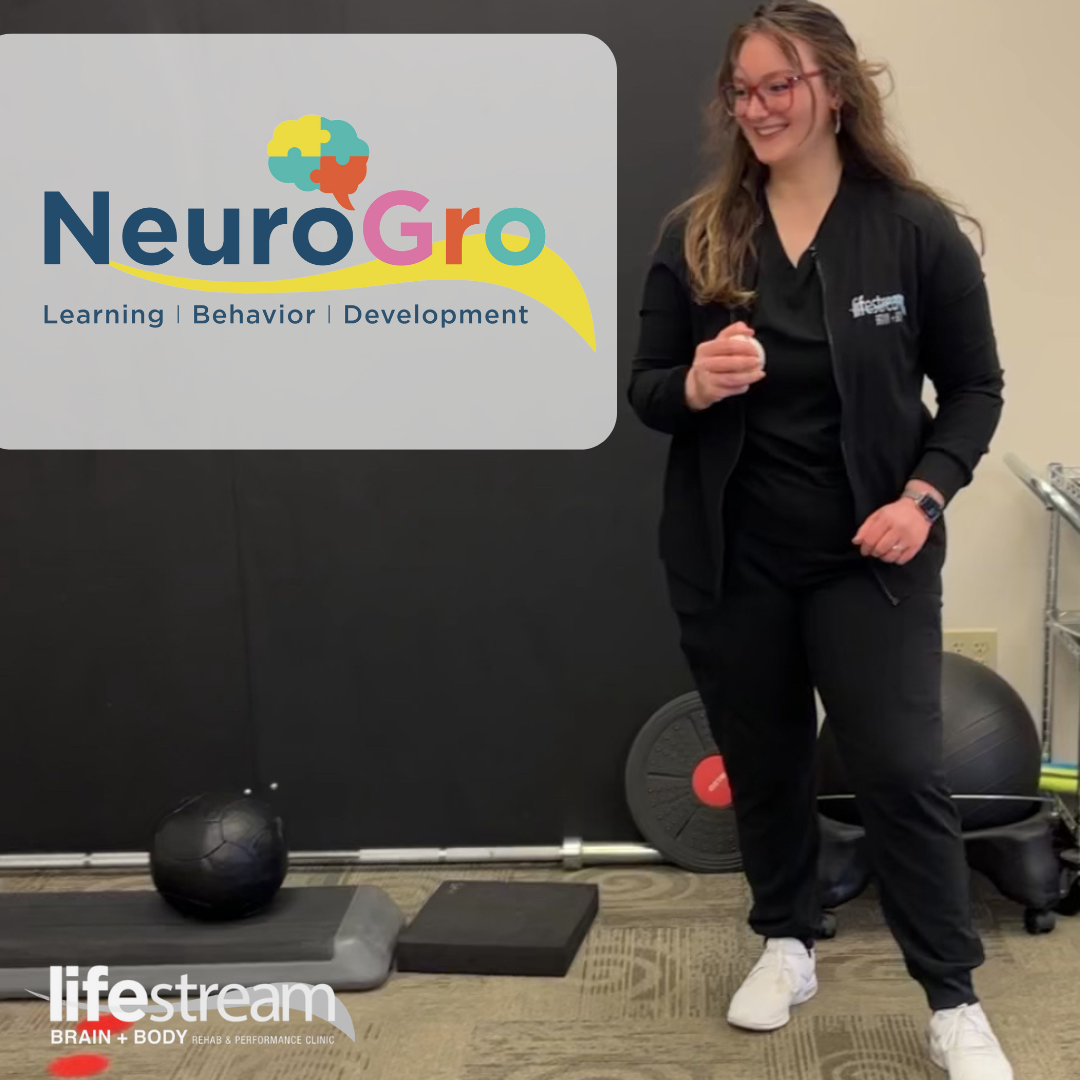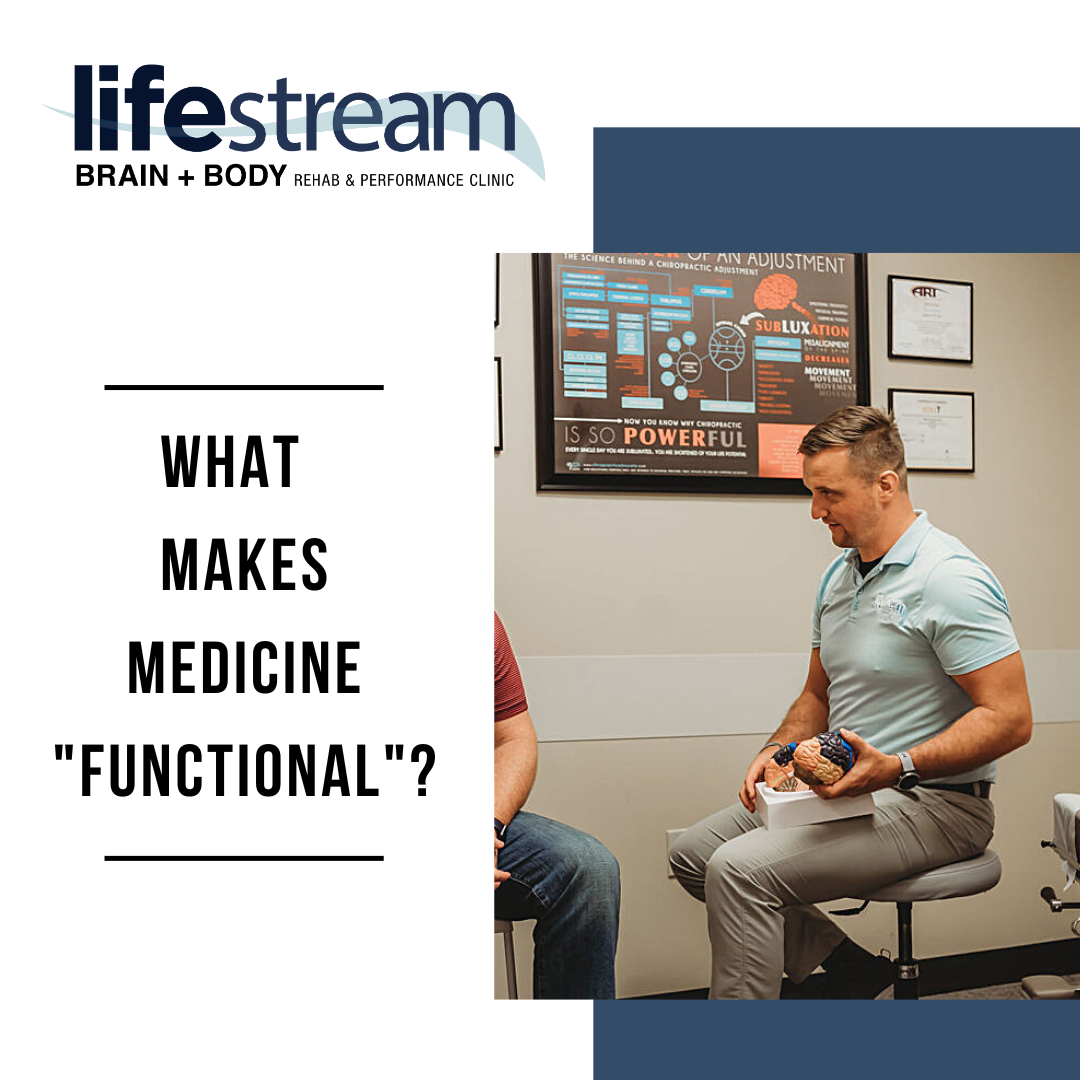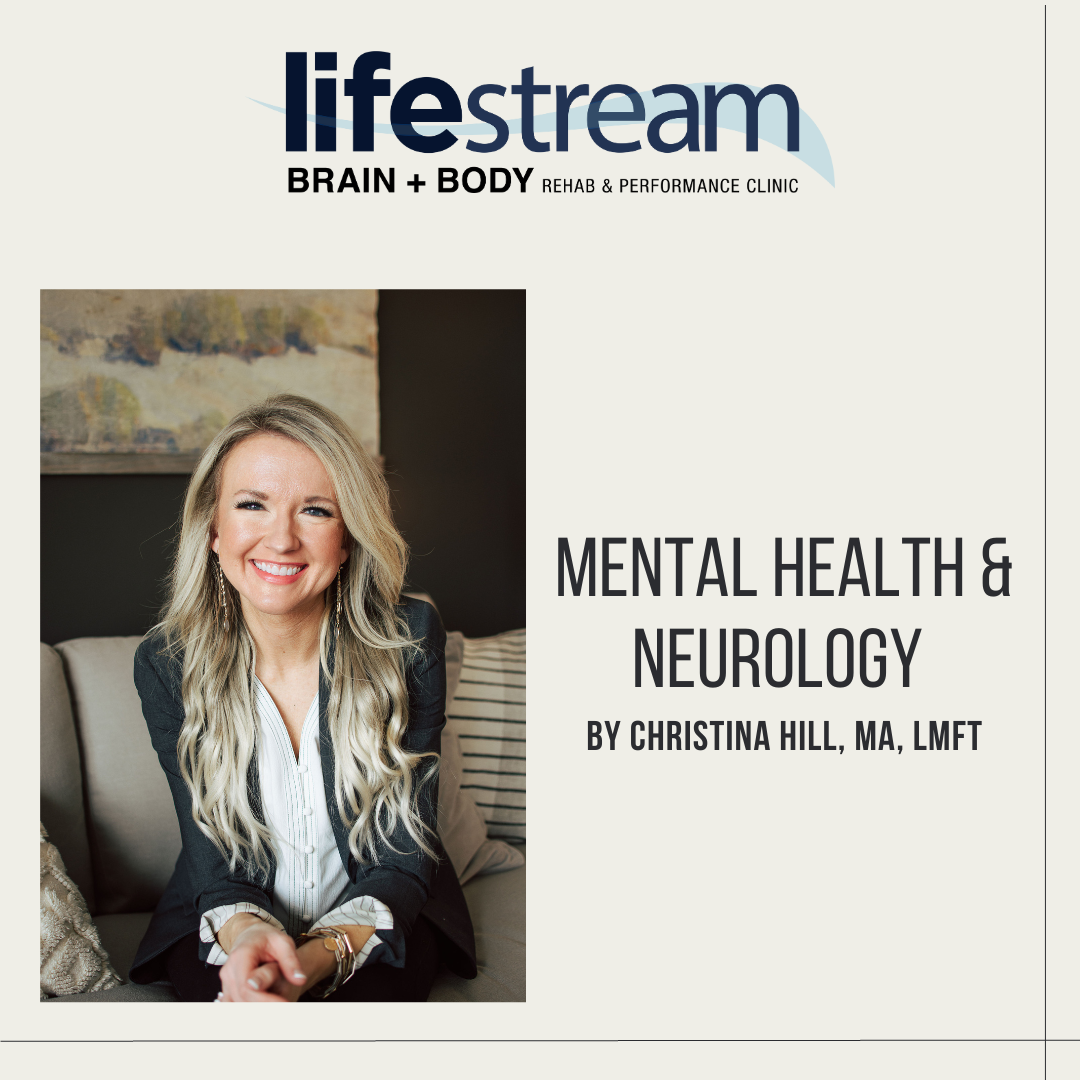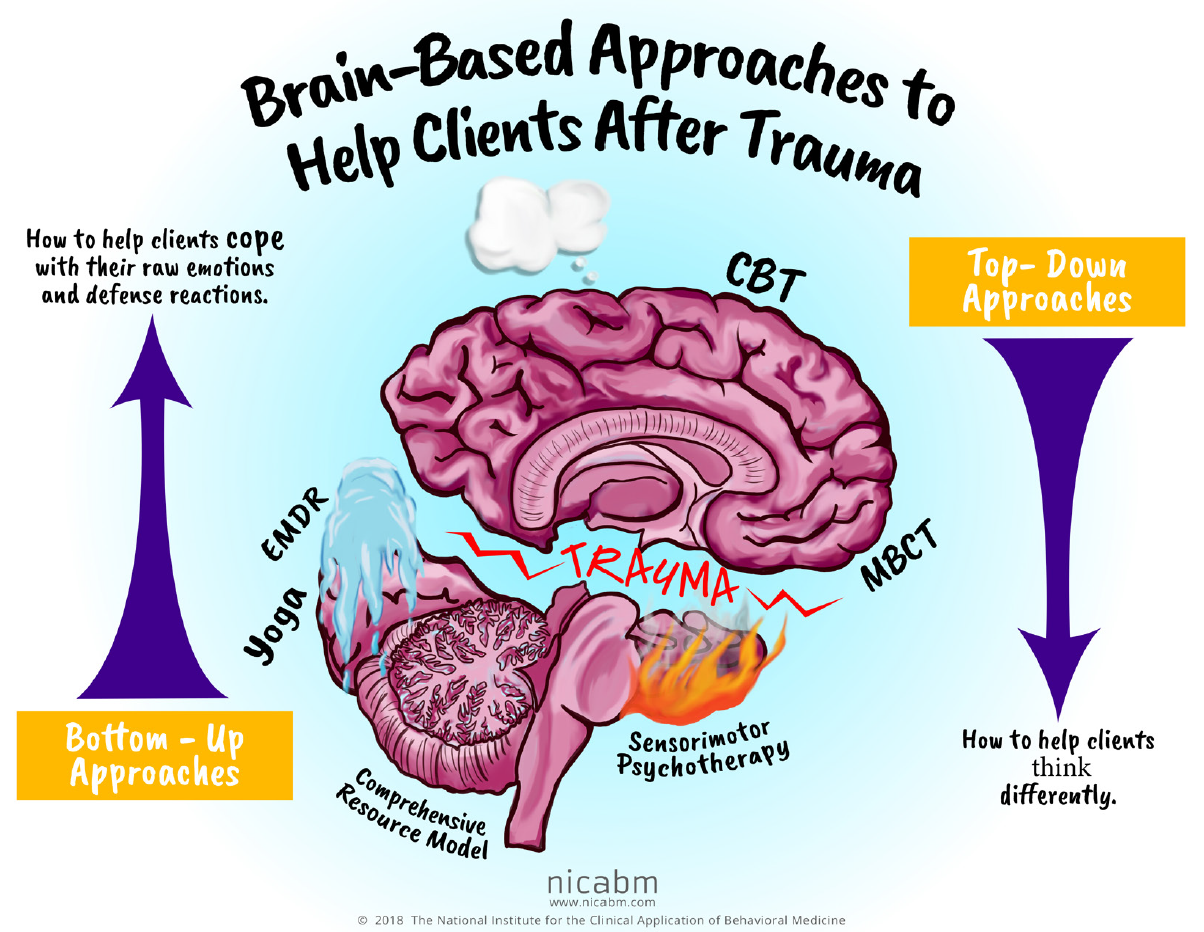Functional medicine is “a systems biology–based approach that focuses on identifying and addressing the root cause of disease”. Unlike most traditional medicine, it is individualized to each patient and contrary to popular belief, is based in science. Attempting to address the roots of the disease and not just patching up the symptoms, functional medicine addresses the underlying causes to promote overall well-being. Traditional medicine waits until something is “broken” and looks at pathology, or the study of disease. A functional approach looks to the process that eventually leads to pathology or something “breaking.”
Functional neurology was founded by Frederick Robert Carrick, the founder of the Carrick Institute. According to the Carrick Institute website, “Functional neurology is a health care specialty and a field of study that focuses on assessing and quantifying neurological activity and utilizes sensory, motor, and cognitive evoked potentials, and in some cases, nutrients and pharmacotherapy, to promote normalization and optimization of neurological function.” Functional neurology also pulls on some of the themes of functional medicine as it systematically looks at neurologic activity to correct and optimize neurologic function to promote well-being in the brain and the body.
As a clinic utilizing functional medicine principles, we believe that establishing a foundation of health by eating a healthy diet and exercising and by creating an individualized treatment plan is important for the prevention and even treatment of disease.
Visit www.lifestreamclinics.com to schedule an appointment with one of our doctor’s today for a in-depth neurological exam!
Sources:
https://www.ifm.org/functional-medicine/what-is-functional-medicine/
https://www.ifm.org/functional-medicine/
https://www.ncbi.nlm.nih.gov/pmc/articles/PMC6413643/
https://www.ncbi.nlm.nih.gov/pmc/articles/PMC6986008/





